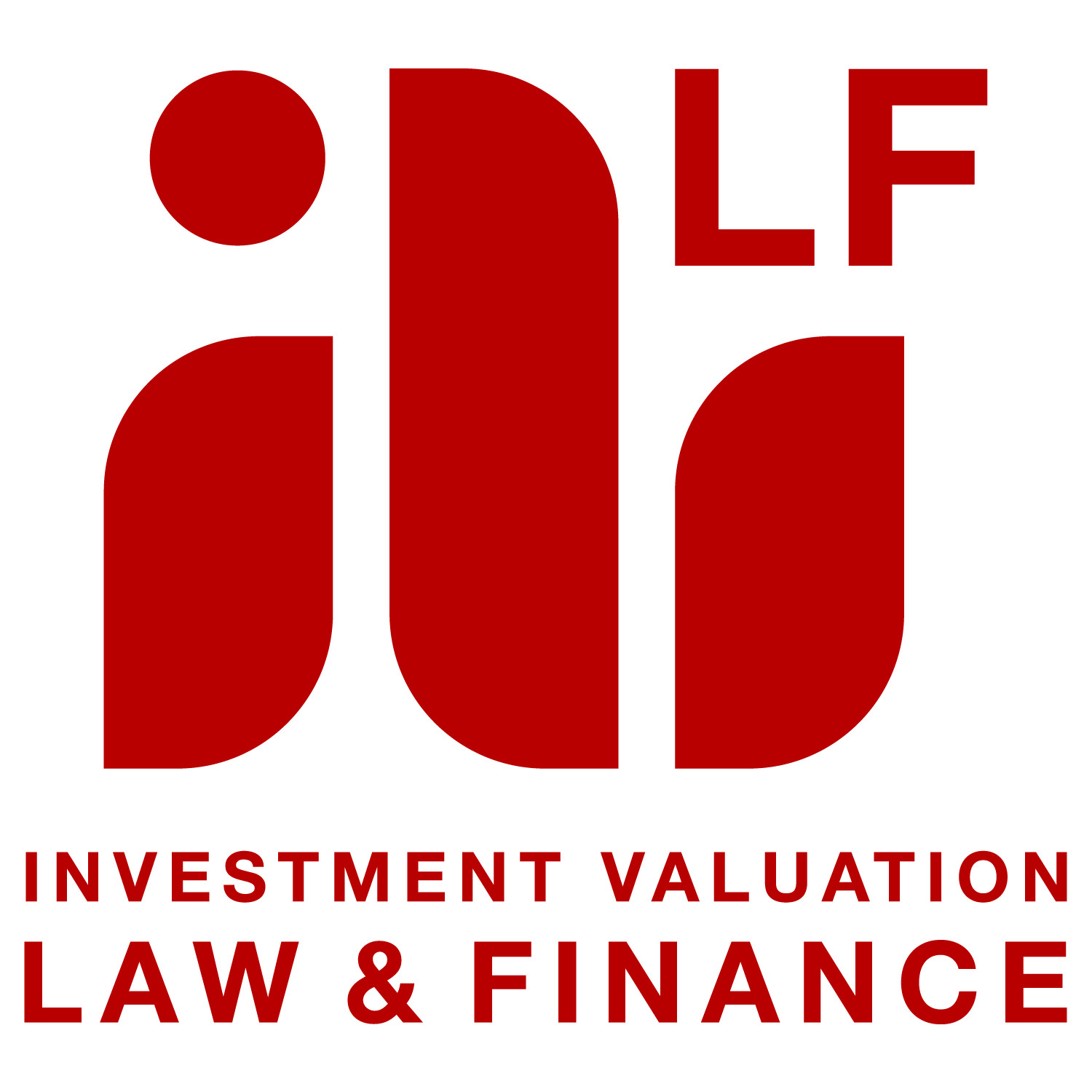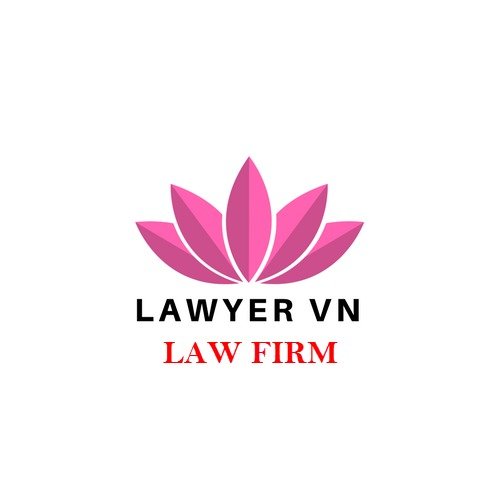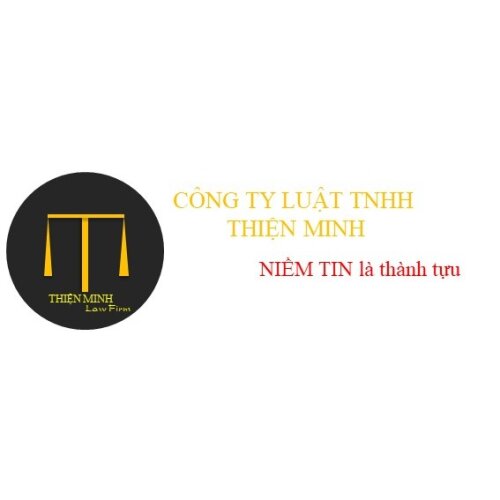Best Financial Services Regulation Lawyers in Vietnam
Share your needs with us, get contacted by law firms.
Free. Takes 2 min.
Or refine your search by selecting a city:
List of the best lawyers in Vietnam
![[DDC] DONG DU INTERNATIONAL ACCOUNTING, TAXES & LEGAL CONSULTING GROUP HCMC VIETNAM](https://lawzana.com/storage/firms/2690/17617306202399.jpg)
About Financial Services Regulation Law in Vietnam
Financial Services Regulation in Vietnam encompasses a wide range of laws and regulations designed to oversee and manage the financial industry within the country. This includes regulations around banking, securities, insurance, and other financial services. The primary objective of these regulations is to ensure financial stability, protect consumers, and maintain market integrity. The State Bank of Vietnam (SBV), Ministry of Finance (MOF), and other regulatory bodies play key roles in enforcing these regulations to promote a safe and competitive financial market.
Why You May Need a Lawyer
There are several situations where seeking legal advice in Financial Services Regulation may be beneficial. Common scenarios include:
- Starting a financial services business, which requires navigating complex regulatory frameworks and obtaining necessary licenses
- Dealing with compliance issues, including adherence to anti-money laundering (AML) and countering financing of terrorism (CFT) regulations
- Engaging in mergers and acquisitions in the financial sector, where due diligence and regulatory approvals are critical
- Addressing disputes or allegations of regulatory non-compliance, which can involve penalties or operational restrictions
- Advising on new financial products or services, ensuring they meet all legal and regulatory standards
Local Laws Overview
Vietnam's financial regulations are continually evolving to keep pace with global standards and regional integration. Key legal frameworks include:
- Banking Law: Overseen by the State Bank of Vietnam, it governs the establishment and operation of commercial banks and credit institutions.
- Securities Law: Managed by the State Securities Commission, this law regulates the securities market, including public offerings, trading, and securities companies.
- Insurance Law: Governed by the Ministry of Finance, this framework ensures the regulation and oversight of the insurance market and its participants.
- Investment Law: Provides a comprehensive legal framework for foreign and domestic investment activities, including aspects related to the financial sector.
- Anti-Money Laundering Law: Sets out measures and responsibilities for financial institutions to prevent and combat money laundering activities.
Frequently Asked Questions
What is the role of the State Bank of Vietnam in financial regulation?
The State Bank of Vietnam (SBV) is the central regulatory authority responsible for monetary policy, controlling inflation, and ensuring the stability of the financial system. It regulates commercial banks, non-bank credit institutions, and foreign bank branches operating in Vietnam.
Do I need a license to offer financial services in Vietnam?
Yes, offering financial services typically requires a license from the relevant regulatory body, such as the SBV or the State Securities Commission. The specific type of license depends on the financial service provided.
How do Vietnamese regulations address consumer protection in financial services?
Vietnam's regulations mandate transparency, fairness, and accountability from financial service providers to protect consumer rights. This includes requirements for clear communication of terms, fees, and conditions.
What are the penalties for non-compliance with financial regulations in Vietnam?
Penalties for non-compliance can range from fines and revocation of licenses to criminal charges, depending on the severity of the offense.
Can foreign investors enter Vietnam's financial market?
Yes, Vietnam allows foreign investment in its financial sector, subject to specific restrictions and requirements outlined in its Investment Law and sector-specific regulations.
What is the process for establishing a bank in Vietnam?
Establishing a bank involves obtaining approval from the SBV, demonstrating capital adequacy, meeting governance standards, and complying with both the Banking Law and any relevant financial regulations.
How are fintech companies regulated in Vietnam?
While specifics can vary, fintech companies must comply with general financial regulations concerning data protection, consumer rights, and other relevant laws. The government is actively working on creating a comprehensive framework for fintech regulation.
Is there a regulatory sandbox for financial innovation in Vietnam?
Vietnam has introduced initiatives to encourage financial innovation, including fintech sandboxes where new products can be tested under relaxed regulatory conditions, fostering innovation in a controlled environment.
How are cross-border financial transactions regulated in Vietnam?
Cross-border transactions generally require compliance with foreign exchange regulations overseen by the SBV, ensuring that anti-money laundering and foreign exchange controls are adhered to.
What recent developments should I be aware of in Vietnam's financial regulation?
Vietnam continually updates its financial regulations to align with international standards. Recent developments focus on digital banking, cryptocurrency regulation, and enhancing cybersecurity in the financial services sector.
Additional Resources
- State Bank of Vietnam (SBV): The primary regulatory authority for banking and monetary policy.
- State Securities Commission (SSC): Responsible for regulating the securities market and its participants.
- Ministry of Finance (MOF): Oversees insurance and financial policy in Vietnam.
- Vietnam Business Forum: Provides updates and analyses on developments in Vietnam’s business environment, including financial regulation.
- Vietnam Chamber of Commerce and Industry (VCCI): Offers guidance to businesses, including matters related to financial services.
Next Steps
If you require legal assistance in Financial Services Regulation in Vietnam, the following steps can guide you:
- Identify your specific legal needs, whether it's compliance, licensing, or dispute resolution.
- Consult with a law firm or legal professional specialized in financial services regulation in Vietnam. They can provide tailored advice and ensure you are fully compliant with local laws.
- Gather all necessary documentation related to your case or business activity to expedite the legal consultation process.
- Stay informed about changes in Vietnam's financial regulations by subscribing to industry newsletters or consulting your legal advisor regularly.
- Use the resources provided here to gain a deeper understanding of your rights and obligations within Vietnam's regulatory framework.
Lawzana helps you find the best lawyers and law firms in Vietnam through a curated and pre-screened list of qualified legal professionals. Our platform offers rankings and detailed profiles of attorneys and law firms, allowing you to compare based on practice areas, including Financial Services Regulation, experience, and client feedback.
Each profile includes a description of the firm's areas of practice, client reviews, team members and partners, year of establishment, spoken languages, office locations, contact information, social media presence, and any published articles or resources. Most firms on our platform speak English and are experienced in both local and international legal matters.
Get a quote from top-rated law firms in Vietnam — quickly, securely, and without unnecessary hassle.
Disclaimer:
The information provided on this page is for general informational purposes only and does not constitute legal advice. While we strive to ensure the accuracy and relevance of the content, legal information may change over time, and interpretations of the law can vary. You should always consult with a qualified legal professional for advice specific to your situation.
We disclaim all liability for actions taken or not taken based on the content of this page. If you believe any information is incorrect or outdated, please contact us, and we will review and update it where appropriate.
Browse financial services regulation law firms by city in Vietnam
Refine your search by selecting a city.
















